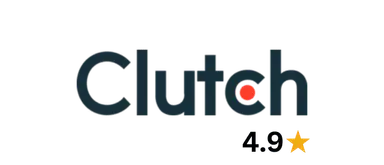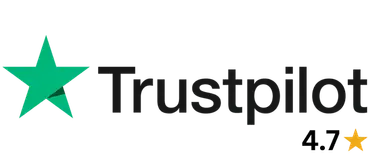
Hire a Virtual Assistant in 60 Minutes
Trusted by Thousands of Happy Founders
100+ Tasks Our VAs Manage
Founders hire Virtual Assistants for research, hiring support, inbox cleanups, scheduling, outreach, personal stuff, and more.
Download the list
Why Wishup is the Smarter Choice
Why Wishup is the Smarter Choice
VA Onboarding Speed & Availability
Talent Quality & Training
Trained in AI/No-Code Tools
Task Management App
Replacement & Money-Back
Dedicated Account Manager & VA Knowledge Transfer






Hear It From Your Peers
 ▶
▶See Why Fellow Entrepreneurs Trust Our Virtual Assistant Services
Tasks You Hate. Tasks We Love

4 More Reasons to Hire a Virtual Assistant from Wishup

Fully Managed Service Platform
Hiring, training, QA and support all handled by us.
Stringently Pre-vetted
Wishup evaluates VAs on aptitude, skills, English proficiency, communication, personality traits and cultural fit.
8 Weeks Training
A Wishup VA is trained to manage business workflows and automation.
5-Minute Response Time
Our VAs follow a 5-minute TAT in Your business hours.
How We Turned Challenges into Wins

Virtual Assistant
Business skyrockets as Wishup helps Beard & Bowler increase leads & streamline operations
Being a creative person, Jason found himself frustrated with the other parts of being a business owner. He knew something had to change, which is when he discovered Wishup.
Read Full Story
Virtual Assistant
How Wishup helped a client collect over 100K in bad debts within 45 days through virtual assistants
What seemed like an impossible task was achieved by Wishup's virtual assistants by following a streamlined process, efficient team management, and outstanding leadership skills. Note: Client details have been changed to protect their identity Scenario Dr. Smith is a well-established medical practitioner with a growing practice. However, her hectic schedule leaves her with little time for administrative work and following up on outstanding no-show payments with her patients. She maintains all ...
Read Full Story
Virtual Assistant
How Wishup Virtual Assistant helped its client secure a $300 Million Deal
In this case study, we delve into how a virtual assistant was pivotal in propelling The WC Group to secure potential deals worth $300 million, boosting their growth trajectory, client relationships, and operational efficiency.
Read Full Story













































